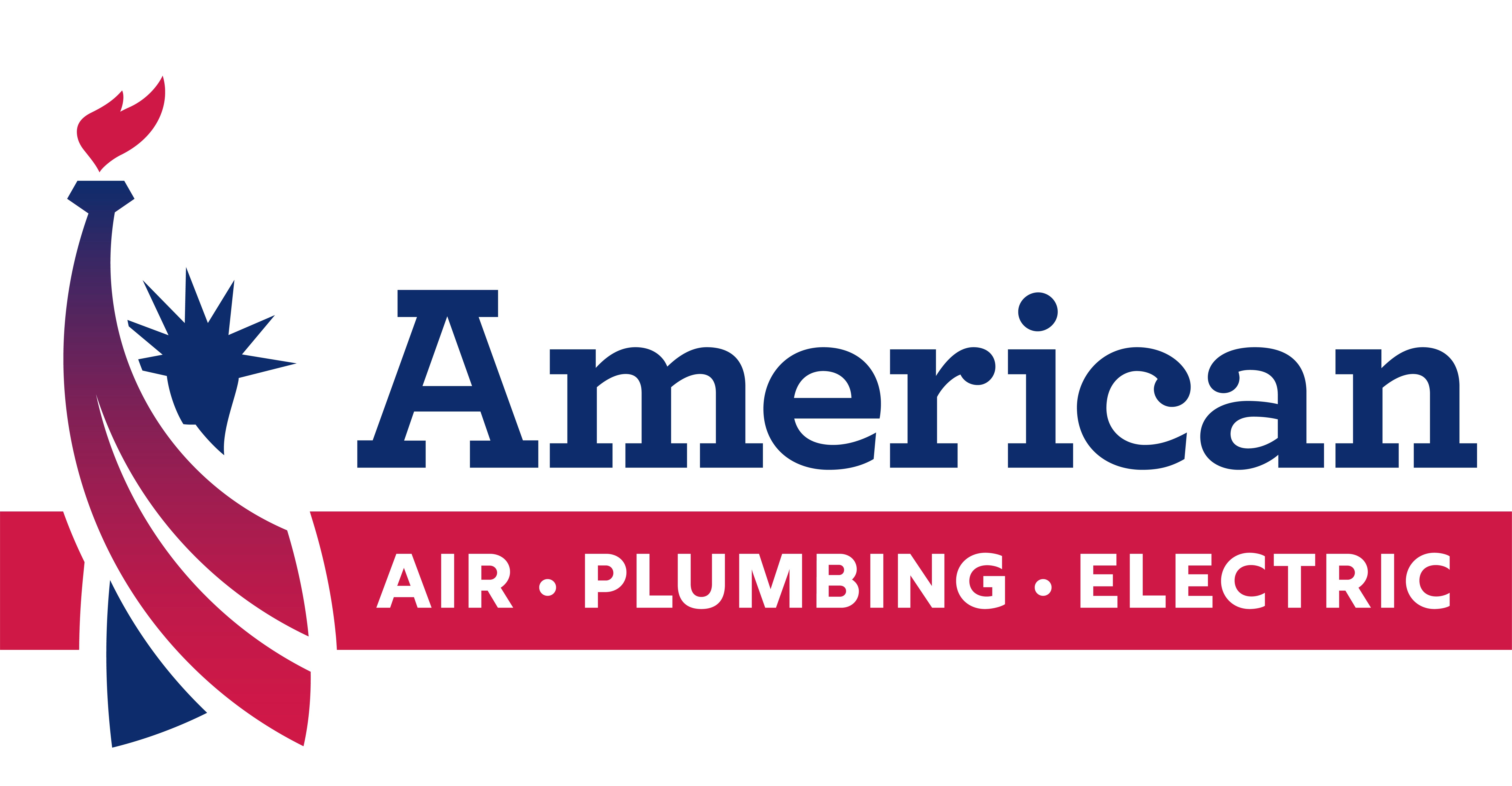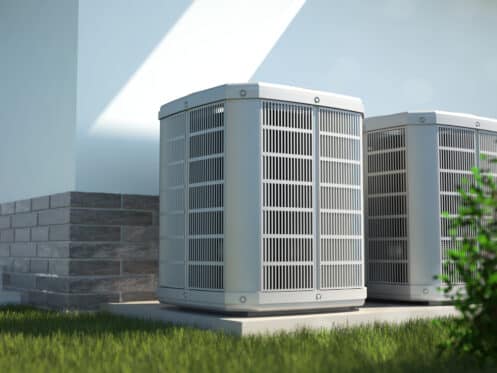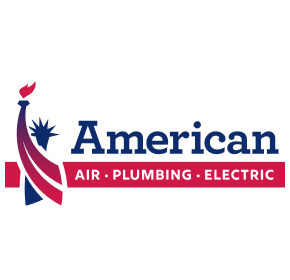The core of your HVAC system is the air compressor, which is akin to the heart of your unit. It is responsible for pressurizing the refrigerant circulating through the coils. As the refrigerant continually flows, it absorbs heat from your home and releases it outside. The compressor plays a critical role in your air conditioning system, and there are expenses associated with not keeping it in good shape. That’s why maintaining its optimal condition should be a priority. Any issues arising in your air compressor should be repaired promptly. Identifying the signs showing your air compressor needs repair is vital to ensure problems are addressed in a timely manner.
1. Warm Air Coming From the Vents
The air compressor is responsible for the heat exchange process that generates cool air. Warm air flowing from the vents when the air conditioner is running may be due to several problems with the air compressor. If it is unable to pressurize the refrigerant effectively, or if there is a refrigerant leak, the cooling efficiency reduces. The system is unable to extract sufficient heat from indoor air. The compressor may fail to compress the refrigerant due to damaged valves or motor issues. Prompt attention is crucial to prevent further damage.
2. Reduced Air Flow
A decrease in airflow or absence of cold air from your HVAC system can signal issues with your compressor. The compressor may be struggling to compress the refrigerant efficiently. This will lead to inadequate heat exchange and an overall inefficiency of the entire cooling system. Mechanical problems such as worn-out bearings, damaged pistons, or motor issues affect the air circulation through the system. When the compressor fails to maintain optimal pressure levels, it results in reduced airflow.
3. Excess Moisture
The air compressor plays a crucial role in dehumidifying the air as it circulates and cools the refrigerant. If it is not functioning properly, it may struggle to remove moisture from the air. This leads to increased humidity indoors. It could be a manifestation of compressor issues such as a refrigerant imbalance and mechanical failure. Excess humidity creates a damp environment. Such conditions are ideal for mold and mildew growth as well as the breeding of bacteria. The problem should be addressed promptly, as mold spores and bacteria may trigger allergic respiratory reactions and an unhealthy indoor environment. They will also cause musty smells within your air conditioner.
4. Unusual Sounds
Unusual sounds from your HVAC system, especially in the area around the air compressor, may mean it needs repair. The air compressor is a complex mechanical component with various moving parts. Irregularities can result in grinding, rattling, or banging noises. They may indicate worn-out bearings, damaged pistons, or other failed internal components. Often, it is a part that has come loose and is banging against other components.
5. Thermal Overload
Thermal overload is a condition in which the compressor is subjected to excess heat beyond the operating limits it was designed for. This situation can be due to prolonged use, poor ventilation, or compressor issues. It may also be because of insufficient lubrication, which causes friction. When thermal overload occurs, the safety mechanism is activated, and the entire system is shut down to prevent overheating and further damage. Thermal overload indicates the compressor is struggling to dissipate heat efficiently. For the safety of your family and home, consult with your HVAC expert to diagnose the root cause and fix the problem.
6. Inconsistent Cooling
You may experience inconsistent temperatures in your home, with some rooms being cooler than others. This is a sign your air compressor is not performing optimally. Uneven cooling may be due to mechanical problems within the compressor, which affect its ability to maintain consistent pressure and circulation. Electrical issues with the capacitors or wiring can also disrupt the compressor’s functioning and cause fluctuations in the cooling process.
7. Increased Energy Bills
When the compressor is not functioning efficiently, it may have to work harder to maintain the desired temperature. This increased workload means higher energy consumption. When the air compressor is compromised, it may struggle to pressurize the refrigerant efficiently, reducing cooling capacity. In response, the system compensates by running for longer periods or cycling on and off frequently. It consumes more energy in the process. This increased energy usage is evident in climates where the air conditioning system is often in operation. Making a comparison of the energy bills over time may help note unexplained spikes.
8. Ice Buildup on the Outdoor Unit
The outdoor unit houses the compressor, and when ice forms on it, it indicates a problem with the cooling process. A low refrigerant level or imbalance can cause the evaporator coils to become excessively cold, forming ice. Restricted airflow over the evaporator coils can impede the heat exchange process, causing the coils to freeze.
When ice accumulates on the outdoor unit, it insulates the components, making it harder for the compressor to dissipate heat effectively. This can result in increased energy consumption, reduced cooling efficiency, and potential damage to the compressor over time. If you observe ice buildup on the outdoor unit, turn off the system to allow the ice to melt, and then consult with a professional HVAC technician.
9. Refrigerant Leaks
When refrigerant leaks occur, the compressor has to work harder to pressurize the diminished amount of refrigerant. This results in increased strain on the system. Additional stress can lead to overheating and potential damage to the compressor. Refrigerant leaks are often indicated by hissing sounds, visible frost or ice buildup on the refrigerant lines or the compressor itself, and a decline in cooling performance. Because it is harmful, handling refrigerant requires special tools. If you suspect a refrigerant leak, contact your professional HVAC technician promptly. They can locate and repair the leak, recharge the refrigerant to the correct levels and ensure the air compressor operates efficiently.
10. Burnt Smells
The compressor has various mechanical and electrical components that can overheat due to excessive friction or electrical malfunctions. You may notice a burnt smell if these components reach high temperatures beyond the normal operating range. The presence of contaminants in the refrigerant may also cause damage to compressor parts, and this may lead to overheating. Turn off your system when you detect this smell. Continued use can lead to more damage, increased repair costs and hazards.
When you notice any of these signs, it is crucial to address the problem immediately. Professional HVAC technicians can conduct a thorough inspection, identify the specific issues affecting the compressor, and perform the necessary repairs to restore consistent and efficient cooling throughout your home. At American Air, Plumbing, and Electrical, we provide air conditioning and heating services in Oviedo, FL and throughout the Central Florida area. We offer maintenance, repair, and installation for heating and cooling units. We also assist with indoor air quality to help keep your home healthy for all occupants. Our company is BBB accredited with an A+ rating, and we’ve won the Lennox Centurion Award. Contact our experts at American Air, Plumbing, and Electrical today to get more information or schedule an appointment.


